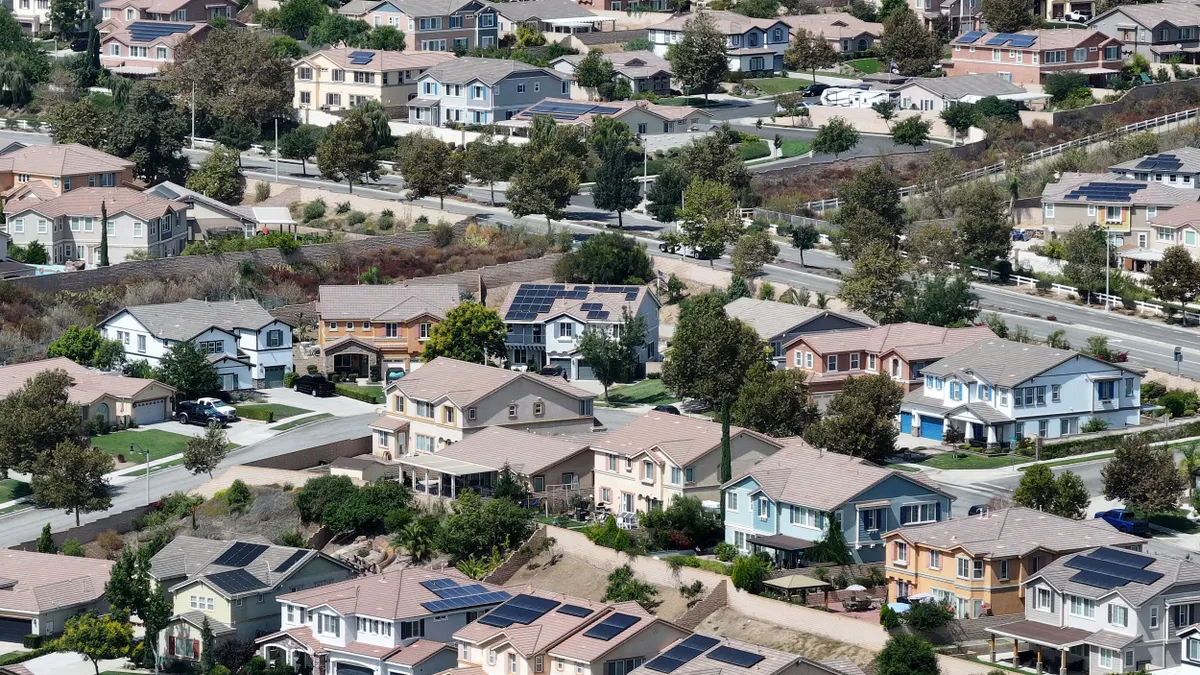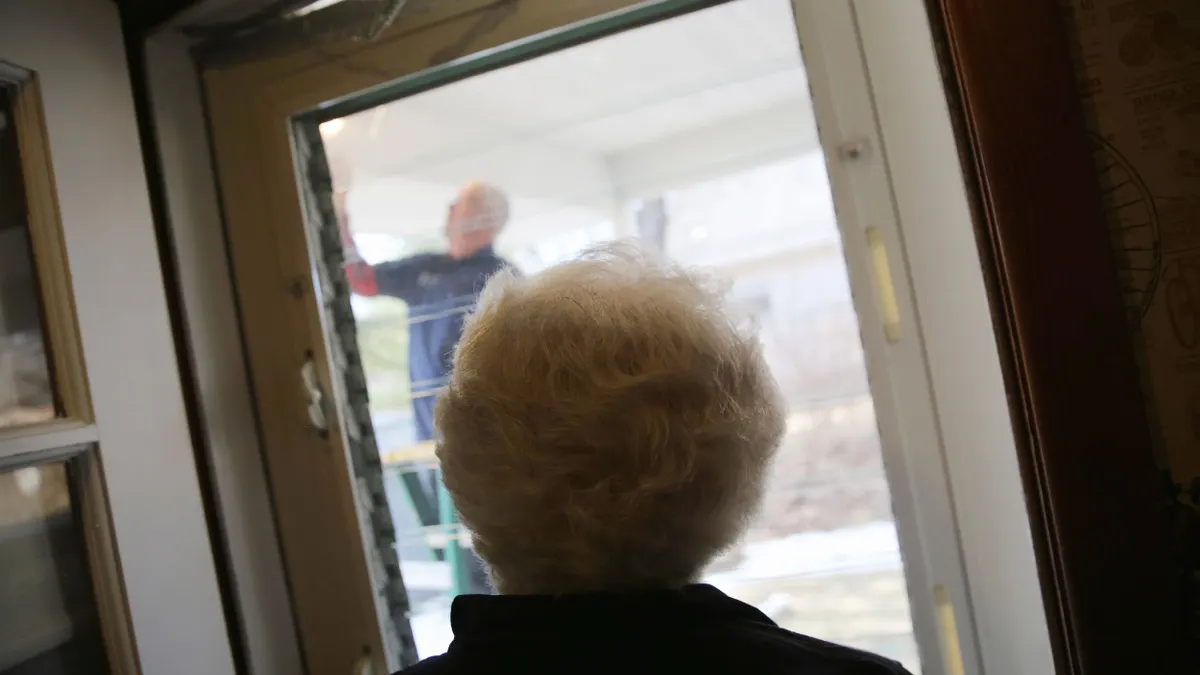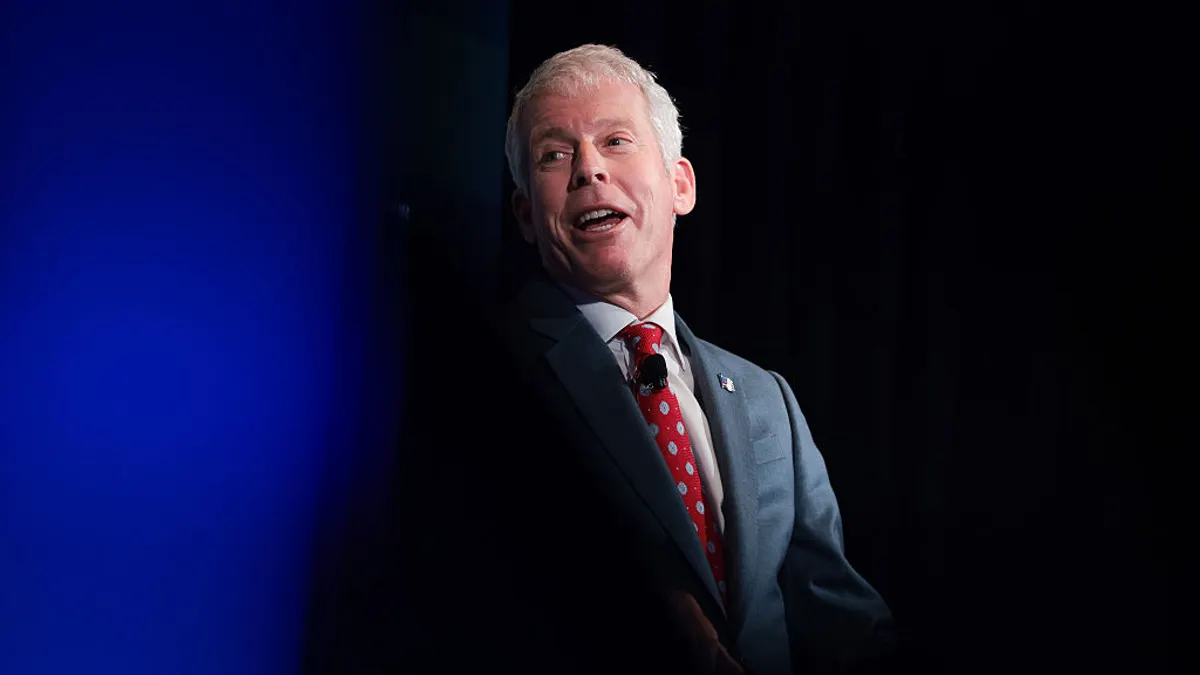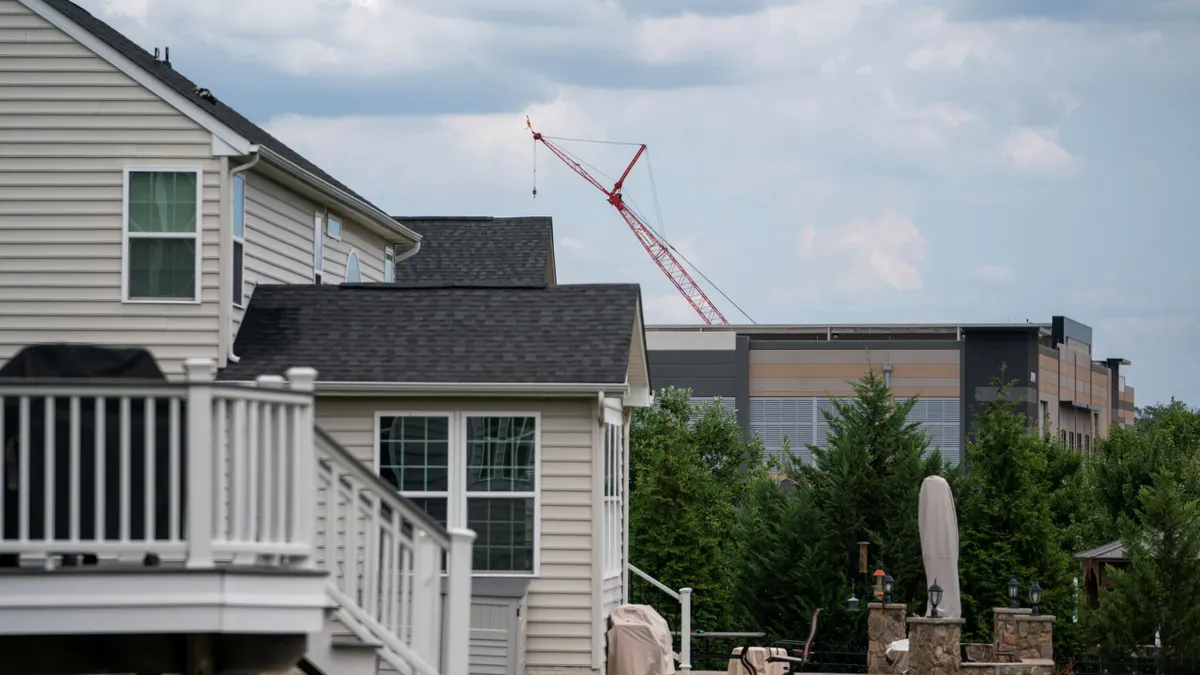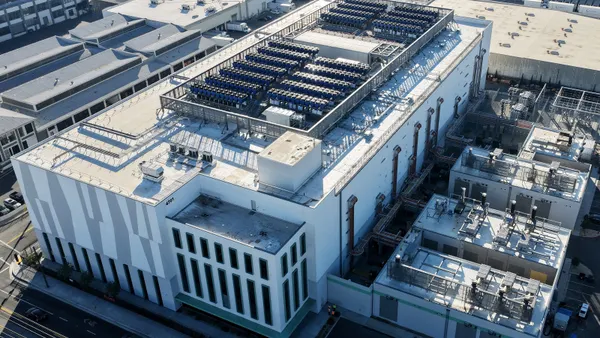Residential electricity testbed Pecan Street has partnered with the University of Michigan and the Urban Energy Justice Lab (UEJL) to expand its network into Detroit, as part of an effort to gather data from a more diverse group of customers.
Research has shown low-income customers and people of color in the United States have higher energy burdens and tend to live in less efficient homes. Experts say addressing the disparity and ensuring the clean energy transition benefits everyone will require better data on how disadvantaged communities are using energy now.
"It is important to know the demographic data of who is benefiting from clean energy and who is experiencing a disproportionately high energy burden," said Ariel Drehobl, the American Council for an Energy-Efficient Economy's (ACEEE) local policy manager for energy equity.
In order to make the United States' energy systems more equitable "we need data to better understand who is at the table and who is left out," Drehobl said.
'Some data is available and some isn't'
The data needed to ensure an equitable energy transition can include information on how customers use electricity, which customers experience high energy bills and are at risk of service shutoff, who is benefiting from efficiency programs and clean energy investment, and the numbers and locations of heat-related deaths, Drehobl said.
"There are a lot of different data points that can help us make more informed decisions," said Drehobl, who led ACEEE's 2020 energy burden research. "Some data is available and some isn't."
"[E]nergy data disproportionately leaves out lower income residents of any race."

Colin Rowan
Director of communications, Pecan Street
Pecan Street collects energy data and provides it to researchers, and its Detroit expansion is an effort made to address a distinct problem: Most customers on its energy data network are White.
Pecan Street uses a data hub installed on the customer side of the meter to collect usage information, which can then be utilized by researchers, investors, policymakers and others. It launched 10 years ago in Austin, Texas, in a community that skewed towards higher incomes and early tech adopters, who are "predominantly White," Colin Rowan, a spokesperson for Pecan Street, said.
"We want to expand our network into more historically African American and Latinx communities," Rowan said. "What we've learned over the last 10 years is energy data disproportionately leaves out lower income residents of any race."
Pecan Street will work with UEJL to connect with communities and find volunteers for the network expansion. Homes will then be outfitted with eGauge home energy monitoring sensors to collect data that, once anonymized, will be available to researchers at the University of Michigan and those using Pecan Street's website.
Pecan Street data could help reduce Detroit disconnects
The expansion into Detroit will begin with 50 homes, though Rowan said that it could grow to 75 in the future if funding is available. Pecan Street is a 501(c)(3) research and development organization, with about 600 connected homes in Austin, 100 in Ithaca, New York, around Cornell University, and smaller numbers in the San Francisco Bay Area.
Johanna Mathieu is the research link between Pecan Street and the University of Michigan, where she is an associate professor of electrical engineering and computer science. She also previously worked with UEJL on research focused on the uptake of energy efficiency and demand response programs in low income communities.
"I've worked with these data sets myself, and what we've always struggled with is the lack of diversity," Mathieu said. High-income early adopters "have different energy consumption patterns than low-income customers," she said.
Broadly, the partnership with Pecan Street "can help us start to understand the diversity of consumption across income classes," she said. More specifically, Mathieu wants to know if more granular usage data can help to minimize service disconnects, "which are a problem in Detroit."
"Can you use smart meter data so everyone makes the right decisions? Can you do way better with high resolution data? ... For our specific projects, we're trying to quantify the value of adding additional metering in households," she said.
Princeton research finds 'large disparities'
This is not Pecan Street's first effort on energy equity. In June the group announced plans to develop a distributed energy resources "toolkit" to help spur deployment and revenue opportunities for historically black colleges and universities. And in May it launched its Center for Race, Energy & Climate Justice.
"Climate change and racial injustice are inextricably linked. To solve one, we must solve the other," Pecan Street CEO Suzanne Russo said in a statement.
June research from Princeton highlights the problem. A paper, "Measuring social equity in urban energy use and interventions using fine-scale data," published by the Proceedings of the National Academies of Science, found "large disparities" in energy use intensity by income and race.
"This paper actually shows you the data, that there's a structurally linked income-race effect, and an additional race effect even within the same income group." Anu Ramaswami, a Princeton professor and the study's lead principal investigator, said in a statement.
"Part of the problem is that race and income are so intertwined, you need fine-scale data to actually unpack inequality," Ramaswami said.
The paper also concludes cities face several challenges in quantifying energy inequality, including a "lack of lack of fine-scale empirical data across a whole city" and the need for "suitable energy use metrics and analysis procedures."
And even when detailed energy use data is available, the paper finds "there are few analysis protocols and metrics to evaluate intra-urban equitable distribution of investments in conservation and efficiency."
"Right now there are cities and states starting to set goals towards energy affordability," said Drehobel. "But they don't always have a baseline in place, or a system to measure progress."
Equity tools available for policymakers
However there are tools being developed, said Drehobl. The U.S. Department of Energy created a Low-Income Energy Affordability Data mapping tool, and the Biden administration tapped Tony Reames, UEJL director, this week to serve as the president's senior adviser in the DOE's Office of Economic Impact and Diversity.
Energy research and consulting group Greenlink Analytics also developed its own equity mapping tool aimed at city policymakers.
"Better data can improve investments for historically marginalized communities," Drehobl said. But there also needs to be accountability.
"It's pretty easy to have a vision and say what that goal is. Then it gets more difficult," Drehobl said."If we don't achieve [the goals], there should be some accountability to make sure we keep moving ... this is an important moment to be advocating for more data. Especially for regulators to be collecting more."








